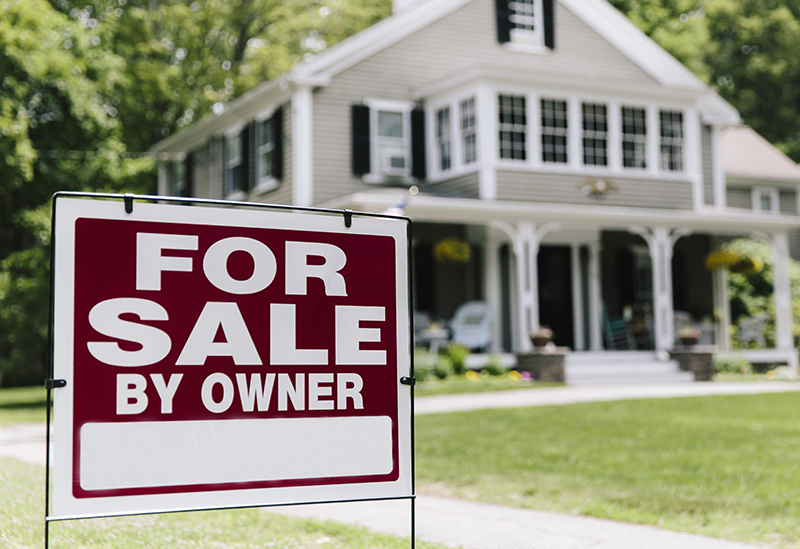The Pros and Cons of Buying a Home in a Rural Area

If you're in the market for a new home, you're likely considering a range of neighborhoods and environments. Among the options is the possibility of buying a home in a rural area. While this choice can offer a range of benefits, it also has its drawbacks. In this blog, we'll explore the pros and cons of buying a home in a rural area.
Pros of Buying a Home in a Rural Area
1. Affordable Pricing
One of the most significant benefits of buying a home in a rural area is that you'll likely get more house for your money. Homes in rural areas often have lower prices than those in urban or suburban areas. This affordability can be especially attractive for first-time homebuyers or those on a tight budget.
2. Peaceful Surroundings
Rural areas are known for their peaceful and serene surroundings. If you're looking for a quiet escape from the hustle and bustle of city life, a rural home could be just what you need. You'll be able to enjoy the sounds of nature, breathe in fresh air, and appreciate the beauty of your surroundings.
3. More Space
Another advantage of living in a rural area is the amount of space you'll have. Homes in rural areas often sit on larger plots of land than those in urban or suburban areas. You'll have more room to spread out, plant a garden, or keep animals. Plus, you'll have more privacy, as neighbors are typically farther apart.
Cons of Buying a Home in a Rural Area
1. Limited Amenities
While rural areas offer peace and quiet, they can also lack essential amenities. For example, you may have to travel some distance to get to a grocery store or pharmacy. Similarly, you may not have access to high-speed internet, cable TV, or other modern conveniences.
2. Longer Commutes
If you work in a city or town, living in a rural area could mean a longer commute. Rural areas are often located farther from major cities and job centers, which could mean a longer drive or even a lengthy commute by public transportation. This additional time spent commuting could take away from your free time or add to your stress levels.
3. Limited Social Opportunities
Living in a rural area could also limit your social opportunities. You'll be farther from cultural events, restaurants, and other entertainment options. Additionally, rural areas typically have fewer social clubs, volunteer opportunities, and other ways to meet people and engage with the community.
Conclusion
Deciding whether to buy a home in a rural area is a personal choice that depends on your lifestyle, budget, and priorities. While rural areas offer affordability and peaceful surroundings, they can also lack essential amenities and limit your social and professional opportunities. By weighing the pros and cons of buying a rural home, you can make an informed decision that works best for you.
If you do decide to buy a rural home, it's important to work with a real estate agent who understands the unique challenges and opportunities of rural living. They can help you find the right home, navigate the buying process, and ensure you make a smart investment.
Categories
- All Blogs (45)
- Airbnb (2)
- Columbus, OH (4)
- Downsizing (1)
- Dublin, OH (1)
- Expired (1)
- First-Time Buyers (7)
- FSBO (2)
- Hilliard, OH (1)
- Home Buying (15)
- Home Selling (12)
- Intel (1)
- Interest Rates (1)
- Investing (1)
- Lewis Center, OH (1)
- Lifestyle (12)
- Mortgage (5)
- Neighborhoods (8)
- New Albany, OH (2)
- Powell, OH (1)
- Relocating to Columbus (1)
- Short-Term Rentals (2)
- Things To Do (2)
- Tips & Tricks (12)
- Upper Arlington, OH (1)
- Worthington, OH (1)
Recent Posts












